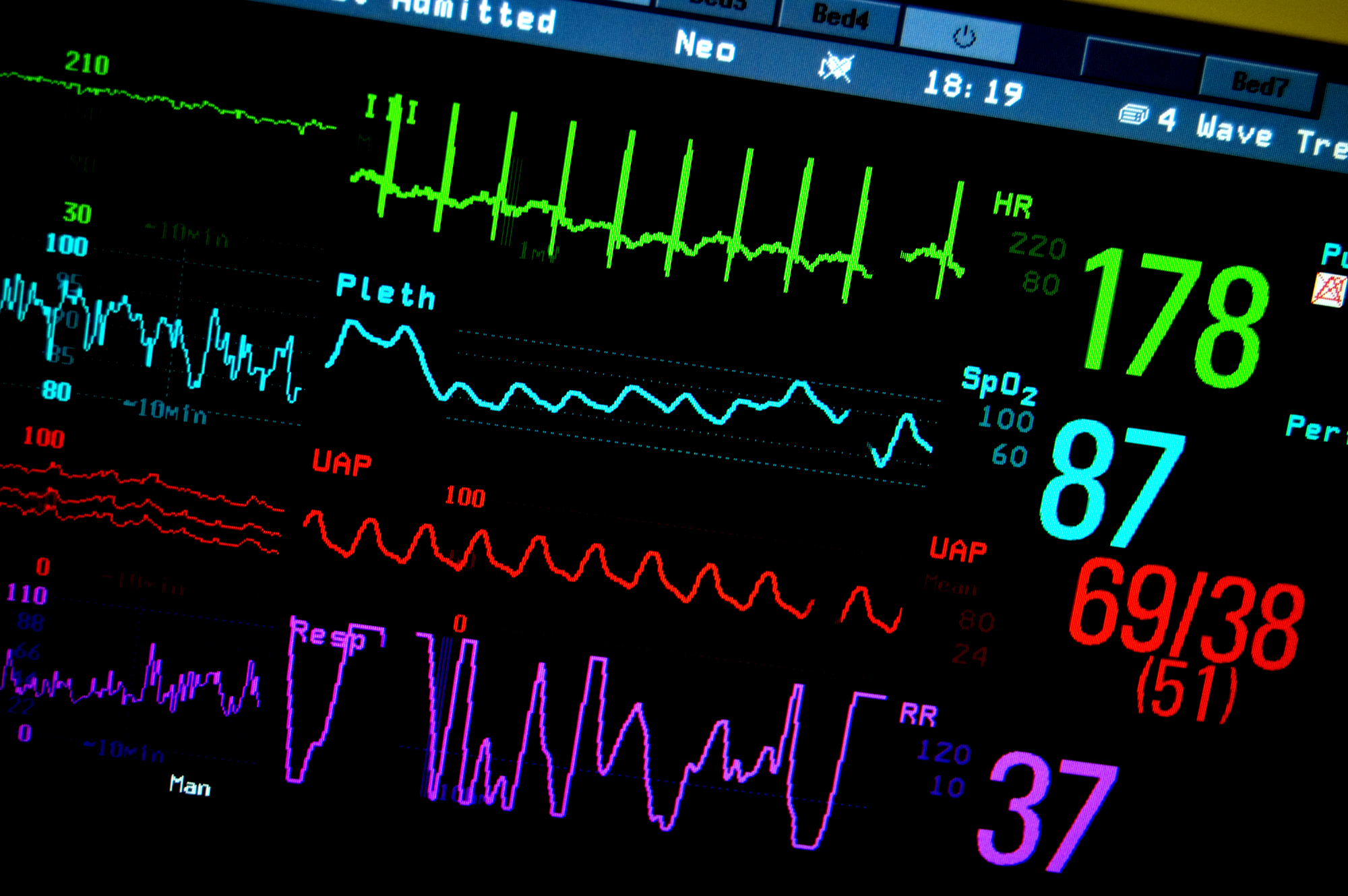
SATURDAY, Oct. 2 (HealthDay News) –In what might one day help victims of stroke and other brain injuries, researchers have found that the two sides of the brain instantaneously ‘negotiate’ which hand to use for simple manual tasks.
That means, say the researchers, that before picking up a cup of coffee or pushing an elevator button, the right and left sides of the brain — each of which controls the opposite appendage — decide which hand is best suited for the impending activity.
“By understanding this process, we hope to be able to develop methods to overcome learned limb disuse,” study co-author Richard Ivry, a University of California, Berkeley, professor of psychology and neuroscience, said in a news release.
Ivry and a team of Belgian, American and British colleagues report the findings in this week’s issue of the Proceedings of the National Academy of Sciences.
The team’s observations stem from work with 33 right-handed volunteers, noting that although 80 percent of people are right-handed, most are able to use either hand to execute simple tasks that don’t require fine motor skills.
All the participants allowed the posterior parietal cortex region of their brains to be artificially activated by so-called transcranial magnetic stimulation (TMS).
This brain region is integral in the processing of spatial relationships and movement planning, the authors noted, and stimulating the area meant interfering with the nerves that usually control motor skills.
By monitoring patient movement with a 3-D motion-tracking system and fingertip sensors, the authors found that after applying TMS to the left side of the right-handers’ brains (which controls the motor skills of the right side of the body), the participants favored the use of their left hand over their right.
The authors said that it remains unclear why the brain engages in such a competitive decision-making process to begin with. But by doing this, “you’re handicapping the right hand in this competition, and giving the left hand a better chance of winning,” study author Flavio Oliveira, a Berkeley postdoctoral researcher in psychology and neuroscience, noted in the journal news release.
This demonstrated that TMS can be effective at brain manipulation, an achievement that could ultimately be used to treat patients struggling with motor control.
More information
For more on brain function, visit the National Institute of Neurological Disorders and Stroke.

